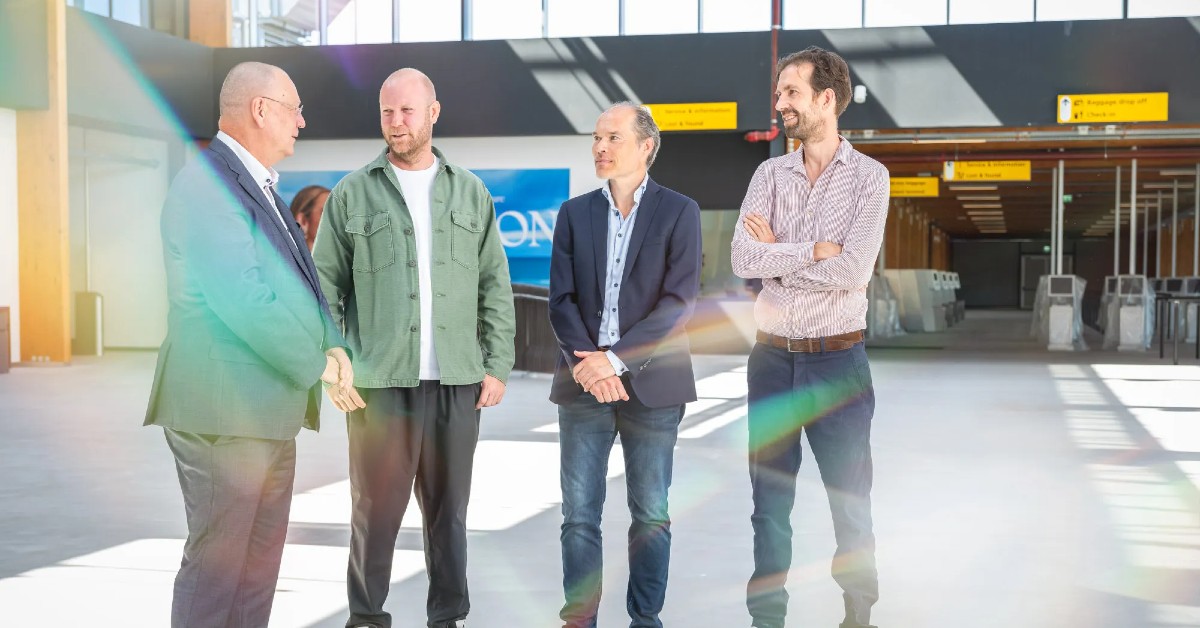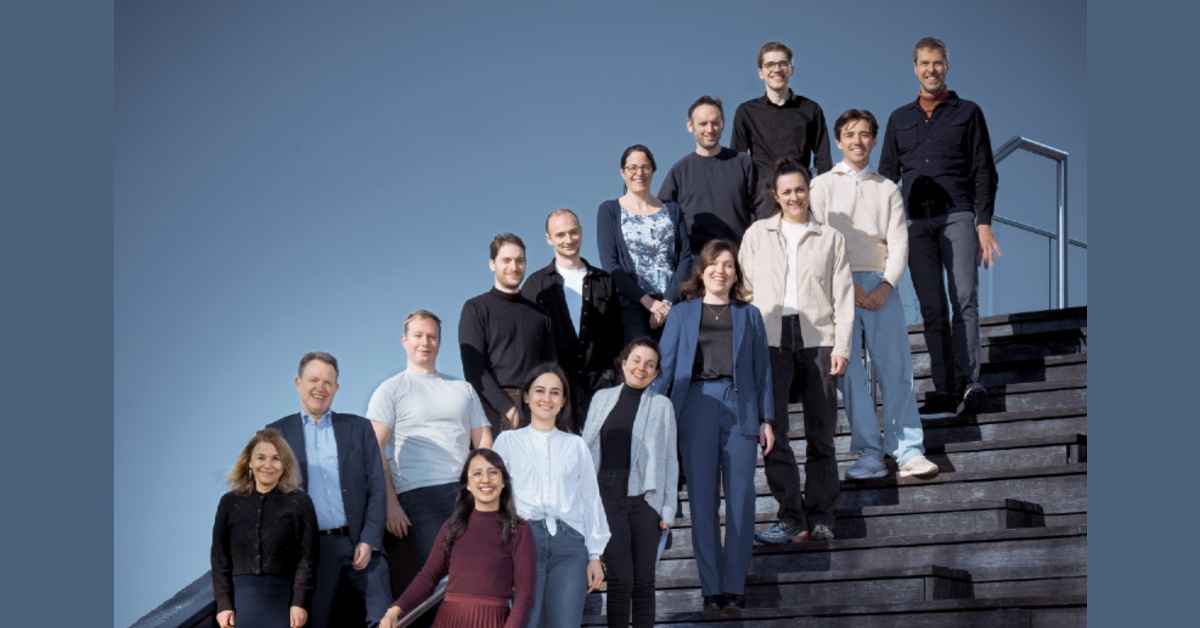Netherlands-based LeydenJar Technologies, a startup that develops pure silicon anodes to boost the energy density of Li-ion battery cells, announced that it has raised €22M in its Series A round of funding.
Investors such as Catalus Capital, YARD ENERGY, Invest-NL, ING Sustainable Investments, and Somerset Capital Partners led the round. Existing investors BOM and DOEN Participaties also invested in the current round.
LeydenJar also received additional support from the Netherlands Enterprise Agency with a subsidy of over €5M.
Boosting battery energy levels by 70 percent
Currently, batteries are restricted to using small amounts of silicon in their anodes since they are primarily carbon-based. But LeydenJar has developed a new method to create 100 per cent silicon anodes to be used in lithium-ion batteries.
The tech is derived from a solar cell production technology called plasma-enhanced chemical vapour deposition, or PECVD. A PECVD machine is located at the High Tech Campus in Eindhoven, the Netherlands.
Founded in 2016 by Christian Rood and Gabriel de Scheemaker, LeydenJar claims that its technology provides batteries with 70 per cent more energy density (1350 Wh/L) than the batteries available in the market. Also, the new technology doesn’t drive up the production costs and is a ‘plug-in’ solution to existing battery gigafactories.
The company’s ultimate goal is to accelerate energy transition with innovative battery technology. It is now working towards introducing its patented technologies for application in sectors including consumer electronics and automotive.
Rood says, “The significance of battery capacity is huge. Electric driving, more intelligent smartphones, electric flying, everything, and everyone is waiting for better batteries. Our solution is smart and easily incorporated without any additional cost.”
85 percent reduction in CO2 footprint of battery production
Batteries with high energy density are needed for many purposes, including the electrification of the automotive industry. With the battery technology of LeydenJar, an electric vehicle can cover as much as 70 per cent more distance before it needs to be recharged. In addition, the battery is also suitable for fast charging so that one can be on the road again within fifteen minutes.
The production process of these batteries is also considerably more sustainable than that for ‘ordinary’ li-ion (rechargeable) batteries.
Both these factors contribute to reducing CO2 footprint by 85 per cent.
Capital utilisation
LeydenJar spun out from the Dutch applied research institution TNO in 2016 and has been working to further develop its technology ever since. The company’s next crucial step is increasing the battery lifetime, as well as upscaling the plant in Eindhoven to support mass production. The funds will help the company to scale up its production facility and further develop its battery technology.
In order to fulfill the demands, the funds will also be used to increase its current team from 25 to 70 people in the coming 18 months.
“With this investment, we can take a major step towards accelerating the energy transition because battery technology is still often the bottleneck for the electrification of cars and many other applications. In the future, we will increasingly use batteries for all sorts of purposes. It is, therefore, necessary that they are produced in a sustainable way,” Rood says.










01
From telecom veteran to Dutch Startup Visa success: The Jignesh Dave story